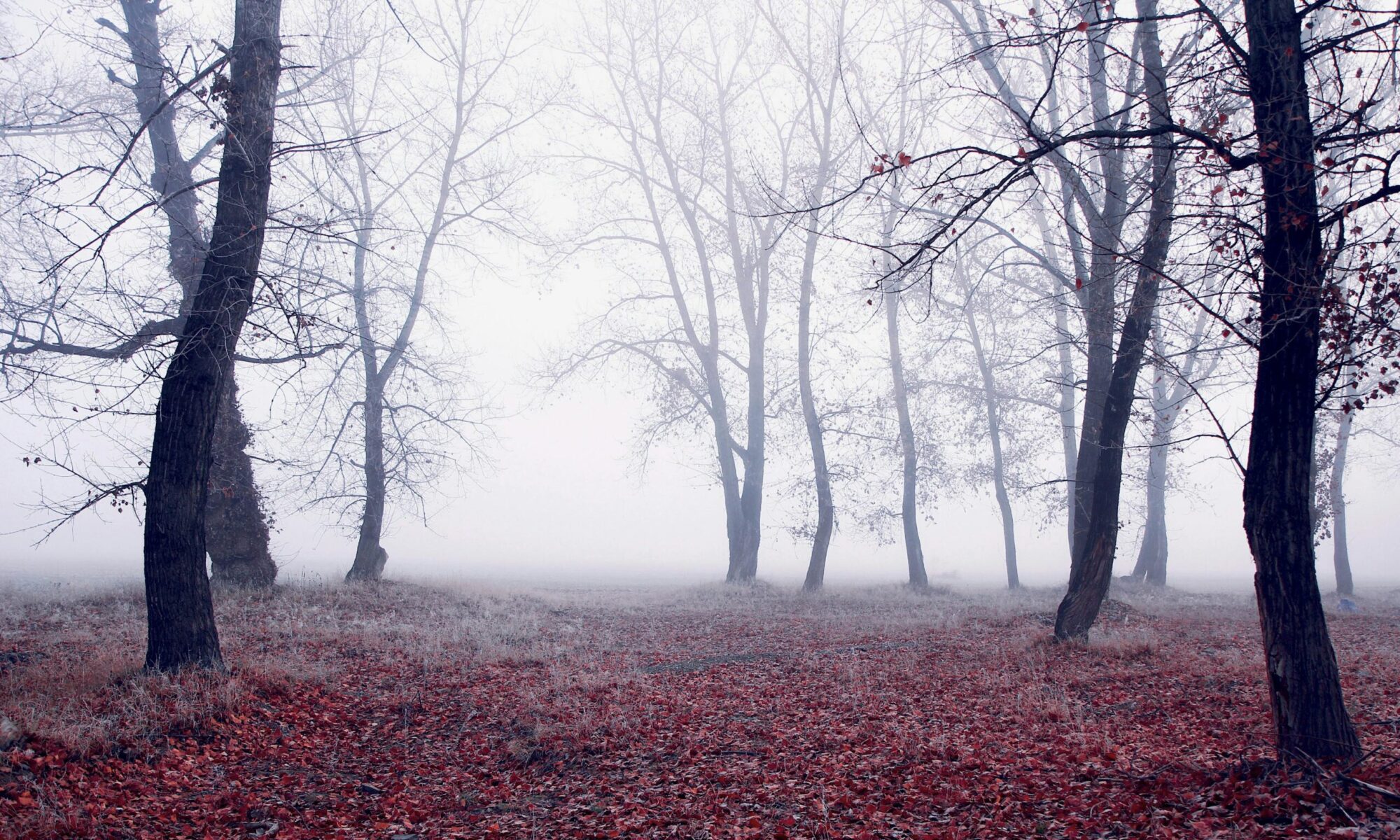Coming off the unexpected success of M.A.S.H, director Robert Altman decided to do a complete 180 in choosing his next project. As we all know, his first film was a black comedy with themes of war. His next movie, McCabe & Mrs. Miller strays very far from that field. This film is a combination of a Western and a romance film, but in ways you wouldn’t expect. This is not a Western in a sense of cowboys and Indians, but about a man struggling to earn a living in the cold doldrums of the Old West. There are hidden themes about love, but this is not a love story although there is a heightened sense of romanticism in the movie. Altman introduced me to his style in the solid, if unspectacular M.A.S.H, but he comes through with this film in a big way.
I very much enjoyed this film. It’s one of those slow-burn dramas, but when the time is right, I do enjoy these kind of films that don’t heavily rely on action, but instead upon our characters. Speaking of which, Altman delivers an interesting way of developing characterization. As the movie starts, we see the townsfolk whom plays a major role during the entirety of the film. But, we are not introduced to them in the normal sense. Altman wisely refrains from using any monologue with his characters (outside the two main ones) that tell us who they are, what they are doing, where they come from, etc. We, as the audience, must piece together the puzzle ourselves. It’s clear the townspeople knew each other for a long time. Each individual is pivotal in the lives of others. It is a master technique that Altman inhibits not only in this film, but in the majority of his films.
Another noticeable trait of the film is the look of the film. There is something about that snowy landscape that gives off a sense of beauty. The film was beautifully shot by legendary cinematographer, Vilmos Zsigmond (who unfortunately passed away only a few weeks ago). His work lives on in this film very much so. The film is beautiful to see with the snow-filled Canadian wilderness, but at the same time Altman gives an intentional dreary look to the film and his characters. The movie makes wonderful use of white, gray, and black to show how unspectacular life is for our characters. Everyone goes about their day in unspectacular fashion. Other than work, there is nothing much to do in this area.
This film is about a businessman named John McCabe (Warren Beatty) who builds himself a whorehouse in this remote Western town. The town is predominantly male, and women are hard to come by so this is the perfect investment for McCabe. Soon after he builds his whorehouse and tavern, a mistress named Mrs. Miller (Julie Christie) arrives offering herself to become McCabe’s business partner in his booming business. She promises to handle the business side of things because she has expertise in that field. Soon after her arrival, several businessmen arrive in town wanting to buy McCabe’s business. The stake of the town and even his life depends on the answer of McCabe.
There is a trend I’ve noticed in American films from the 1970’s. They hardly ever rely upon a huge cast of big names, and that rings true in this film. The only big names at the time of this film’s release were Warren Beatty and Julie Christie. This came out during an era where names led to a movie’s success. Anyhow, they were both phenomenal in the movie. The chemistry shared between the two is excellent, and the aura they possess when it’s only just one of them onscreen magnifies their performances. McCabe is dim-witted when it comes to business, and I love how Mrs. Miller changes that.
Another interesting item about the film is the music. Unlike films at the time, it doesn’t have a score to use. Instead, it uses three haunting Leonard Cohen songs that helps with the story. The soundtrack is another reason why this film works. They are haunting songs, but at the same time they are beautiful songs.
The film has a depressing feel though its duration, and sometimes I found myself searching for happiness in the movie. Right away, I knew what the tone would be as McCabe introduces himself to the town during a game of poker and finds he has a reputation of killing a man. Then there is the scene where this random kid (played by a young Keith Carradine) gets himself killed just because he couldn’t stay out of trouble. He knew he was going to be killed and he tried to postpone his murder by adapting a cheerful attitude, but it didn’t work. This town features a Presbyterian Church, which plays a prominent role in the plot and in the ending, where there is a cat-and-mouse shootout.
McCabe and Mrs. Miller is an excellent film and one of Altman’s masterpieces. I loved how the story took its time to get rolling and I got the feeling I knew these characters as if they’re real-life people. That should be the goal of every single movie, no matter the premise. The movie is very beautiful to look at, but I also get a sense of sadness because there is no happiness to be found in the movie. There is a lot of dreariness, but it’s important for the kind of story being told. I had a heavy heart at times, but I still liked this movie very, very much.
My Grade: A-
